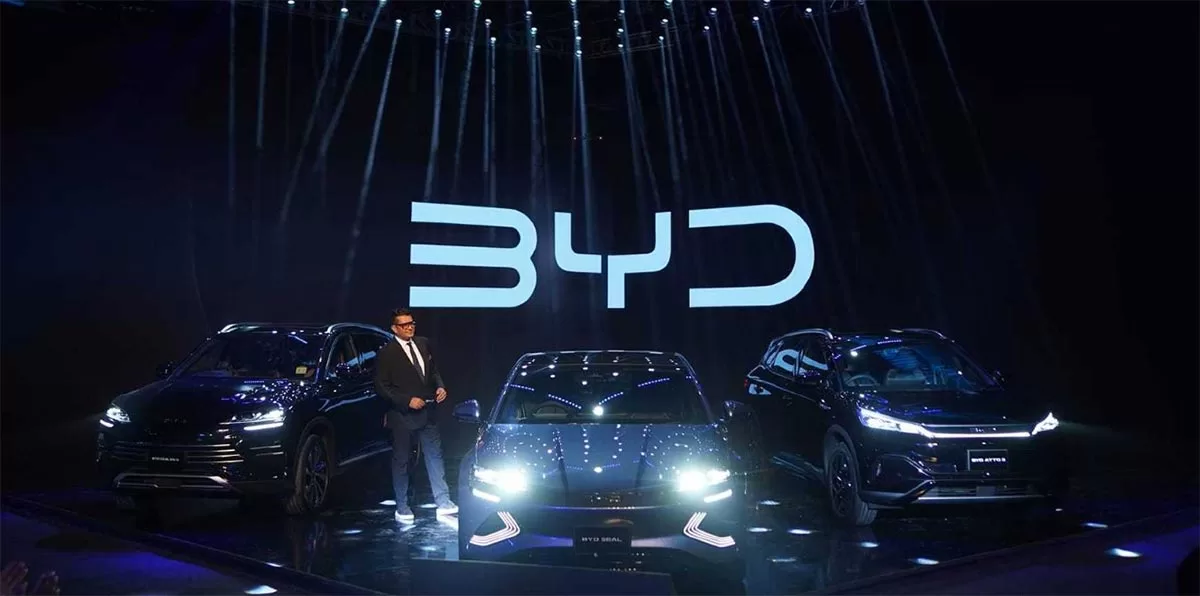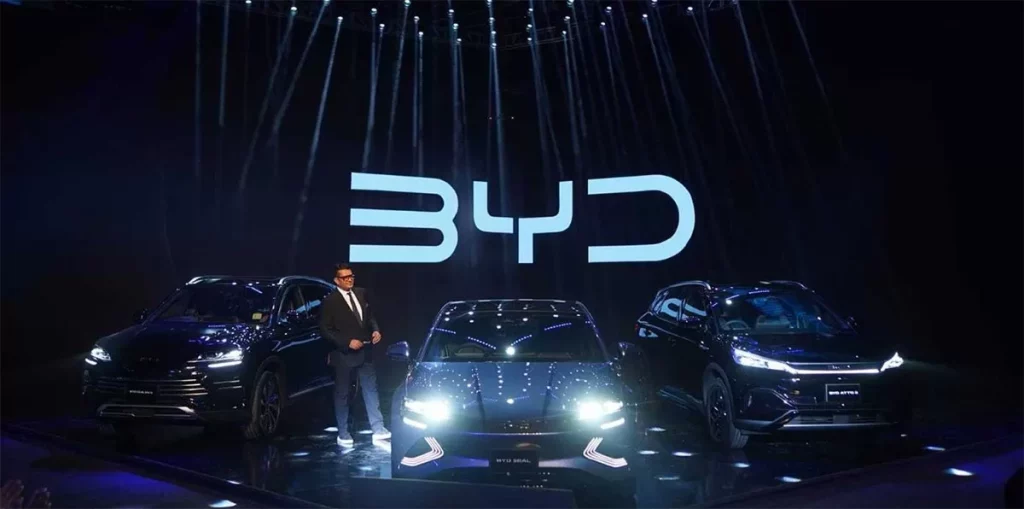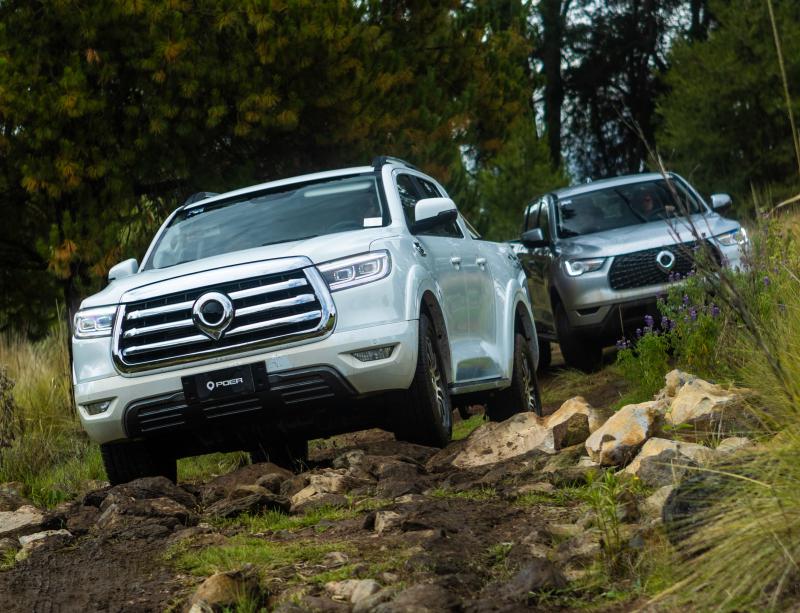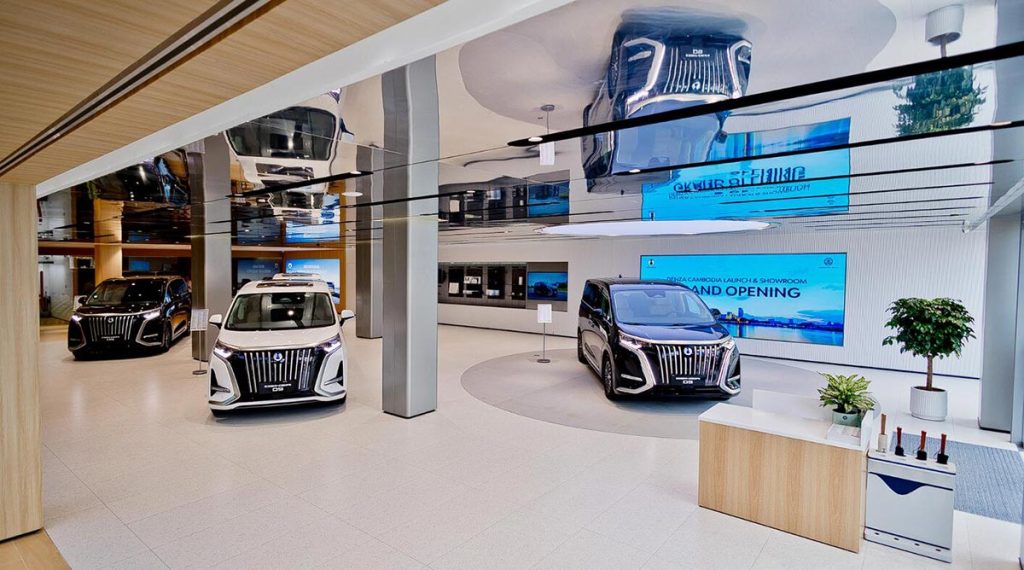BYD Enters Pakistan with Three Models, Considers Local Plant

BYD, the Chinese new energy vehicle (NEV) manufacturer, has officially entered the Pakistani passenger car market and is contemplating building a plant there. On August 17, the company held a brand launch event in Lahore, introducing three models to local consumers: the all-electric Atto 3 and Seal EV, along with the hybrid Sealion 6. In China, these models are known respectively as the Yuan Plus and the Song Plus DM-i.
The Atto 3 and Sealion 6 are sport utility vehicle (SUV) models, while the Seal EV is a sedan. Depending on the development needs, BYD may establish its first NEV assembly plant in Karachi, Pakistan. The brand launch was attended by Pakistan’s Finance Minister, Muhammad Aurangzeb.
Liu Xueliang, General Manager of BYD’s Asia Pacific automotive sales division, stated that BYD will introduce its latest technology and products to Pakistan to drive the adoption of NEVs in the country. According to Bloomberg, BYD plans to set up showrooms in Karachi, Lahore, and Islamabad, with sales expected to commence in the fourth quarter of this year.
Potential Karachi Plant:
BYD’s planned plant, if established, will be located near Karachi’s Port Qasim, an area that already hosts assembly plants for other automotive companies, including Toyota, Suzuki, and local Kia subsidiaries. The plant is anticipated to be completed by the first half of 2026, with specific details still under discussion.
Joint Venture with Mega Motors:
BYD will form a joint venture with Mega Motors, a subsidiary of Hub Power, Pakistan’s largest independent power producer. This collaboration will facilitate BYD’s entry into the Pakistani market to sell electric vehicles.
History in Pakistan:
Pakistan is not new to BYD, which introduced its first all-electric buses to the country in April 2021. In late June, Hub Power announced that BYD intended to partner with its unit to sell EVs in Pakistan.
Transition to NEVs:
BYD ceased production and sales of vehicles powered entirely by internal combustion engines in March 2022, focusing instead on producing plug-in hybrids and pure electric vehicles. In July, BYD sold 342,383 NEVs, marking a 30.60% increase year-over-year and a 0.21% increase from June. Of these, 340,799 were passenger NEVs, and 1,584 were commercial NEVs. Additionally, BYD sold 30,014 NEVs in overseas markets during July.


